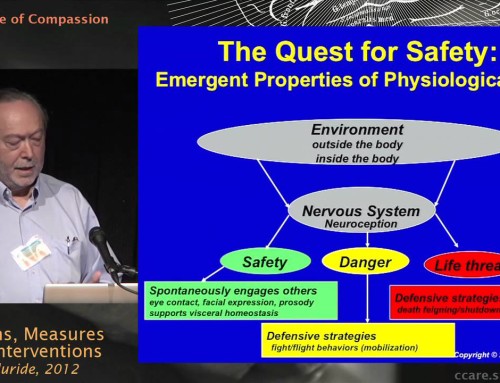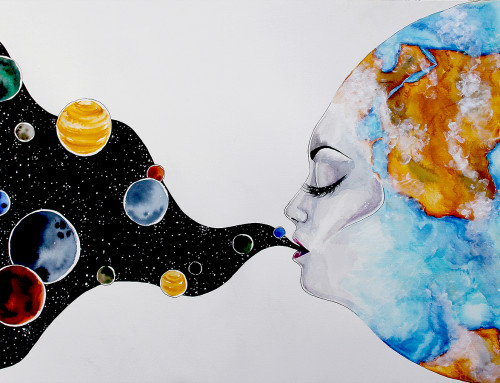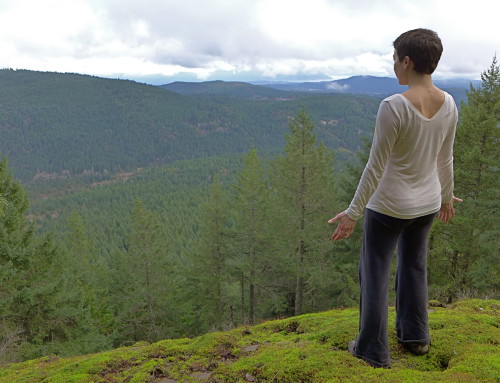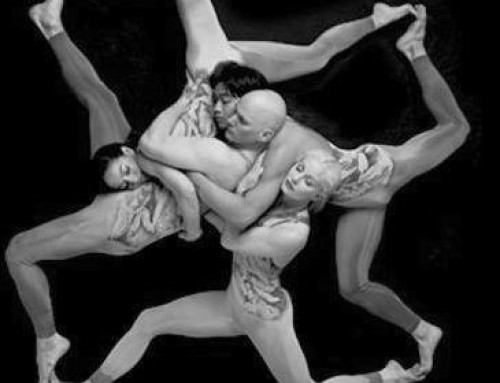One of the most common themes I see in my practice is a lack of self-love.
Over and over, I hear people judging themselves with harshness. They accuse themselves of being too much of something and not enough of something else. Ultimately, and unfortunately, people commonly see themselves as unworthy of love and happiness.
The Dalai Lama was once asked about how to improve low self-esteem. He had to ask the meaning of the term, as in his Tibetan culture, no such concept exists. He explained that in his society, every person is accepted and deemed worthy of belonging. By contrast, in our culture, we are taught that we must earn our worthiness, and if we aren’t good enough, there is something wrong with us.
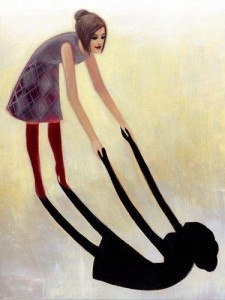 Experiences of trauma and loss can devastate a person’s sense of worth. When a person experiences neglect, abuse, shock, and/or loss, he/she develops coping or survival strategies in order to carry on. These strategies (such as addictions, “shutting down,” violence, and numbing) are all misguided attempts to bring regulation back to the nervous system. The sad part is that we tend to beat ourselves up because we view these survival strategies as “bad,” which in turn fuels more maladaptive coping strategies, and keeps a person feeling stuck in an unfulfilling life.
Experiences of trauma and loss can devastate a person’s sense of worth. When a person experiences neglect, abuse, shock, and/or loss, he/she develops coping or survival strategies in order to carry on. These strategies (such as addictions, “shutting down,” violence, and numbing) are all misguided attempts to bring regulation back to the nervous system. The sad part is that we tend to beat ourselves up because we view these survival strategies as “bad,” which in turn fuels more maladaptive coping strategies, and keeps a person feeling stuck in an unfulfilling life.
The good news is that it is possible to re-train the nervous system, to integrate trauma and loss, and get back into the flow of life. When you heal from trauma and learn how to cope with life in a healthy way, you naturally feel better about yourself, and you re-establish the most important healthy relationship in your life—the one you have with yourself.


